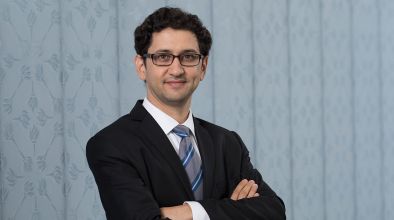Cities must manage the provision of a multitude of services smartly, relying on its physical and digital infrastructures. Information about the current and projected demand for city resources is crucial to optimally allocate them so that we can minimize costs while maximizing welfare. In striving for optimality, a data-driven model of the city is extracted through a wide range of sensing technologies abstracted as digital networks.
In this cluster, CITIES constructs models that are continuously refined, allowing decision-makers to react optimally to current events as well as pose what-if questions directly on the model itself. As the city’s physical networks change, so do the live models. Research in the digital-physical nexus cluster goes beyond technology-transfer and urban policy adoption, to also focus on how to adapt and contextualize technology and infrastructure design to the unique socio-economic, environmental, and cultural constraints of a city.
The goals of this cluster are threefold. First, to identify challenges faced by cities as we try to further integrate our traditional infrastructure in a rapidly evolving digital world. Second, to advance the state-of-the-art on sensing, modeling and AI decision-support tools. Third, to examine how to adapt and contextualize data collection and city modeling technology for cities within the UAE, and Abu Dhabi in particular.
PROJECTS
A Framework for Decision Support in the Face of Uncertainty

This research aims to build a generalizable framework for decision making in the face of uncertain data. In healthcare, for example, our research explores the design of decision-support frameworks that achieve a cost-effective balance of treatments and screening. In epidemic control, we are designing a policy optimization framework that suggests cost-effective interventions that minimize societal and economic costs of epidemic control. The tools under development are particularly timely, with strong implication for the Covid19 pandemic.
Minimizing Energy Consumption and Maximizing Human Comfort
with Smart Urban Infrastructure

This research aims to advance our knowledge on heat transfer in urban settings and to develop and validate geospatial urban thermodynamic models. These models will be used to design innovative building materials with the ability to self-clean, control and reduce thermal transfer, and better regulate heat into buildings.